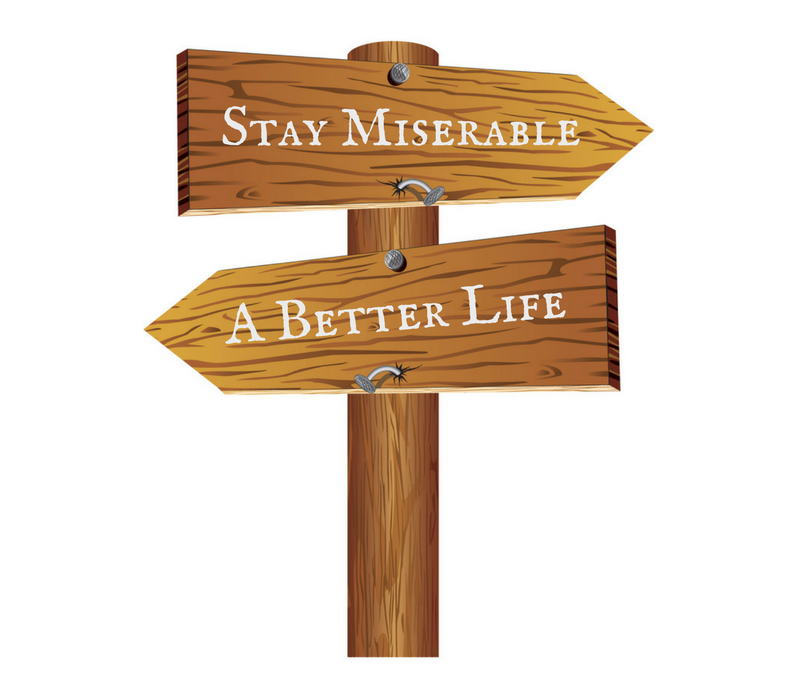
A Mental Illness Diagnosis Means a Better Life Is Possible
It’s exciting to witness that moment when someone realizes that their diagnosis means that a better life is possible for them.

It’s exciting to witness that moment when someone realizes that their diagnosis means that a better life is possible for them.

There are several excuses we give ourselves to explain why we don’t ask for the help we need. None of them are accurate, though we believe they are.
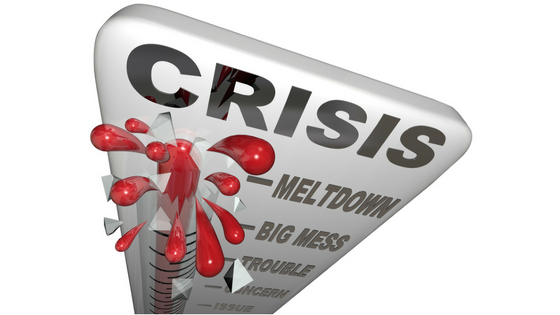
Emotional crises can happen anywhere and under even seemingly simple situations. Learning to manage a crisis scenario is critical.
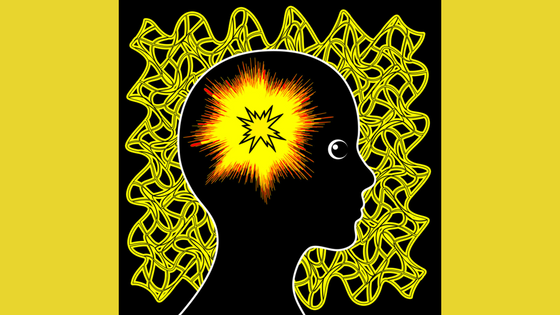
Triggers are events (usually small) that sends us back in time to relive a traumatic event. They apply to all types of trauma and vary in their intensity.

Many of our mood changes are cyclical. By tracking our moods, we can learn the identifying factors of a cycle change and take steps to manage them.

One piece of standard advice from mental health professionals to those on the road to recovery is to start giving. Sure, I’ve had a few moments when I’ve been glad I volunteered, but I’ve also felt resentful of the imposition on my time. Resentment and a giving heart do not go hand-in-hand. This time was different.

I’m not an alcoholic. I’ve never attended meetings, no DUIs, nothing matches what you might expect. Yet, my relationship with alcohol was a problem.

What we see as sufferers is not always what you see as our support network. You have an opportunity to help us significantly in our recovery journey.

“It’s probably just me” properly translates to a much more powerful phrase: “I’m the only one, and I’m all alone.” It’s not true. You aren’t alone.

When we decide we want help by getting a mental illness diagnosis, it can be confusing to figure out where to start. Here are some simple steps to follow.

While medication, good diet, and consistent exercise are important in treatment, there is another component that is equally important: Talk therapy.

We often define grief as big, profound losses. What we miss in this simplistic definition are all the “little deaths” we experience in our lives.

“Did you know that ‘you’re so sensitive’ and ‘you’re so intense’ are phrases commonly associated with people who have bipolar?”

Routines—we all have them. Some of these routines are intentional – such as the bedtime routine – and others are ones we fall into. Routines are important for all of us; they create predictability and provide comfort. As we look at establishing healthy routines, we’ll provide a list of five steps to help us identify and tweak existing routines, and to build new ones.
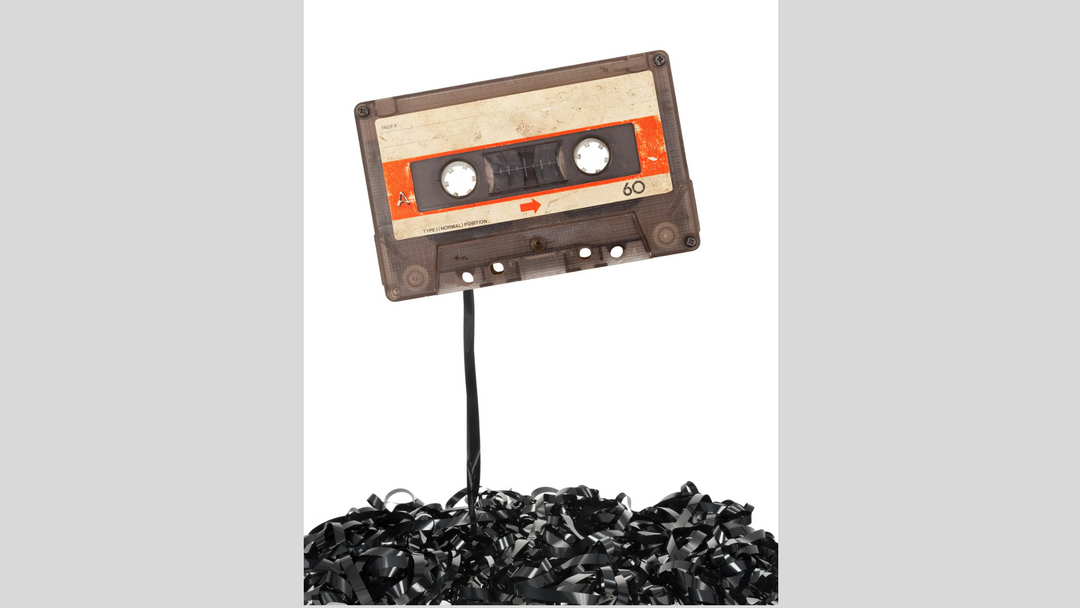
We all have an “automatic tape” in our heads that provide default responses to situations. Learn why the automatic tape exists and how to rewrite it.
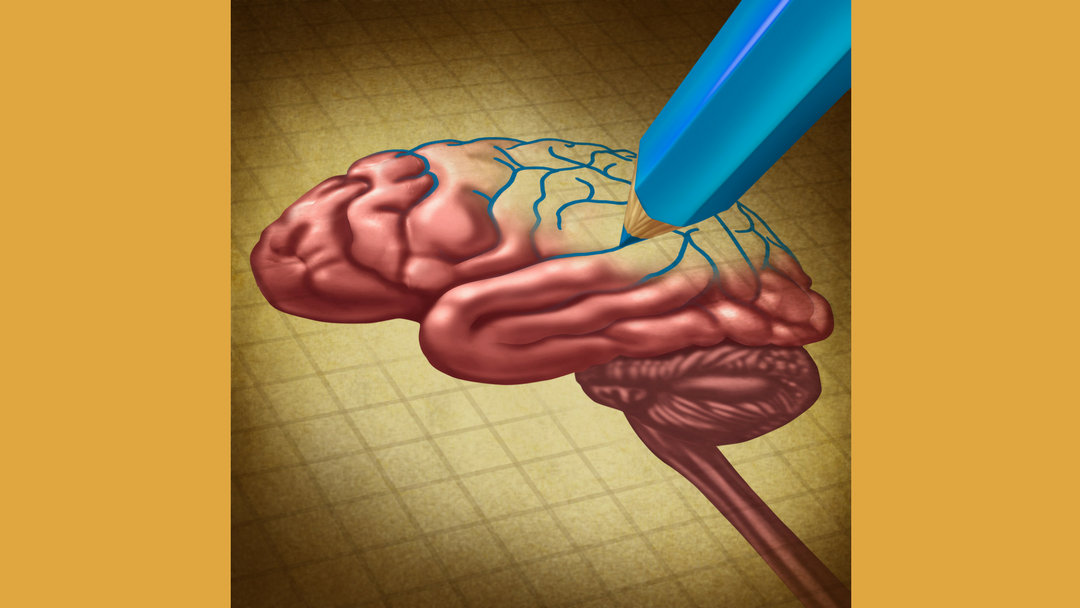
The automatic tapes in our heads often contain Thinking Distortions. Changing them requires patience, effort, and the exercise we discuss here.
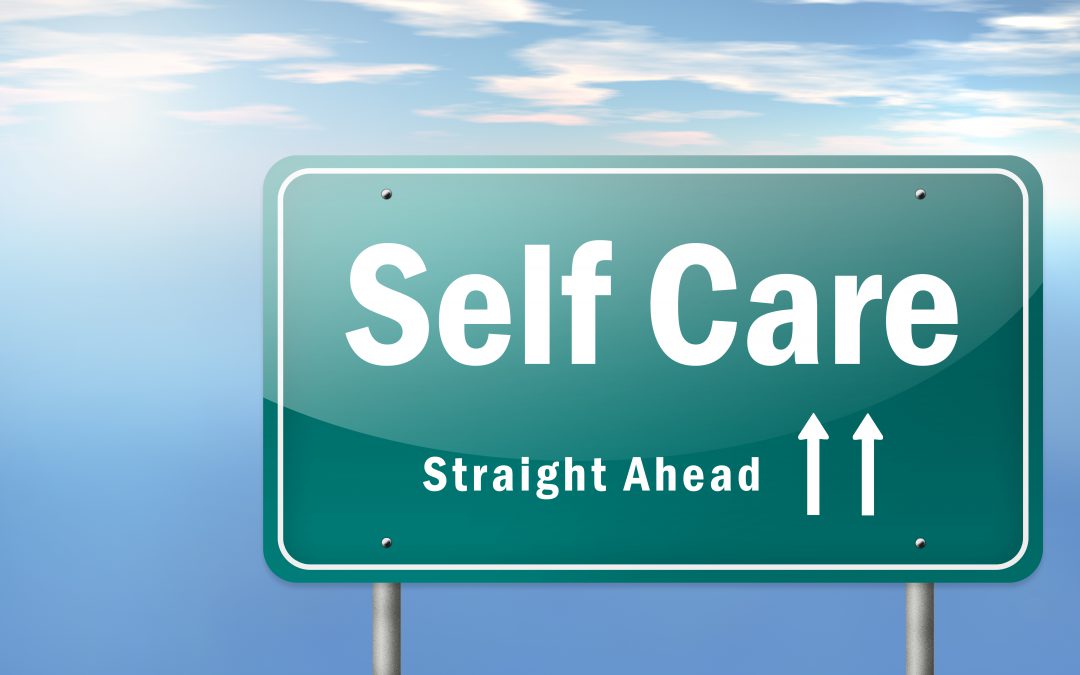
Even when we know the importance of putting together a good self-care plan, it can feel overwhelming to do. Four pillars? Each pillar has multiple pieces? The heart races and the breathing gets shorter. Let’s slow it down and tackle this process – together.

While treatment plans come in all shapes and sizes, there are four pillars that form the foundation of every self-care plan. Creating a self-care plan that addresses our physical, mental, spiritual, and relational needs is a key step in our recovery process. No two plans look the same, nor could they.

There are several ways you can go about getting a prescription, and each have slightly different processes: going to your regular doctor, working through your therapist/psychologist, and seeing a psychiatrist. Whichever route you take, a chat with a pharmacist is a good idea, as well.

“Before we can determine what else is going on, we need to address your depression.” The blood drained out of my face. Depression? Of all the outcomes I expected from this appointment, a diagnosis of “depression” wasn’t even on the list. It’s just not how I thought of myself. Maybe at other times of my life, but not now.”